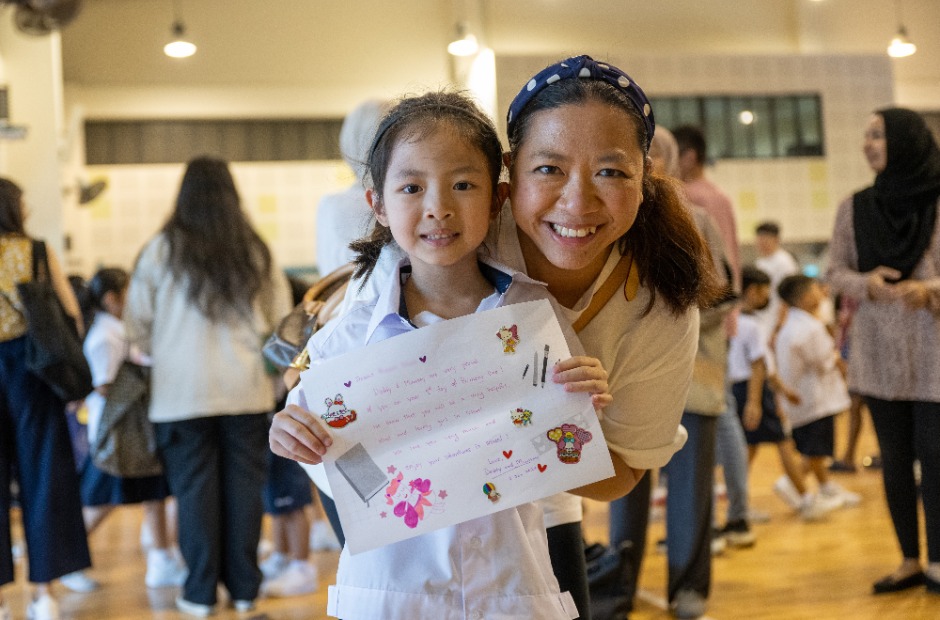When it was announced in April this year that all school canteens and bookshops will accept digital payments by 2025, groans could be heard from some parents.
If a drink or an eraser could be bought with just the tap of a card or the wrist, will children be able to learn the value of money?
It is important for children to have the knowledge and skills to handle money because everyone makes decisions involving money every single day, from childhood till our golden years.
With proper financial education, our children will be better equipped to plan for their financial future and manage any financial issues that may come their way.
MOE promotes financial literacy by infusing key concepts into school curricula at all levels. For example, primary school students are taught basic concepts such as differentiating between needs and wants, spending within their means, as well as the value of thrift and accumulating savings through Character and Citizenship Education (CCE) lessons.
Secondary school students learn how to become responsible and discerning consumers through Food and Consumer Education, where simple financial planning, responsible use of credit, and knowledge of consumer rights are taught.
These fundamental concepts of financial literacy are applicable whether digital or non-digital payment systems are used.
In an increasingly digital and cashless society, some students may find these concepts easier to understand in the form of digits that add up and go down as they save, spend, and receive their allowances.
With digital apps, parental controls are also possible, and possibly more efficient. For example, parents can place daily limits on spending and see expenses made in real-time. Not having to look for change for little wallets would be welcomed too.
Good money habits children can build on
Even though students are taught financial concepts in schools, a parent’s attitude and behaviour towards money tend to have the biggest influence on a child’s money habits, says the Institute for Financial Literacy (IFL). IFL is a collaboration between MoneySense (Singapore’s national financial education programme) and Singapore Polytechnic International.
Furthermore, research shows that a child’s money habits are set as early as seven years old. This means it is never too early for a head start.
Here are some good money habits and perspectives that parents can help impart to their children:
1. Save regularly
To introduce the idea of regular savings, you can guide them to put aside a little bit each day and watch their eyes light up when they see the total sum at the end of the month. When unexpected family expenses pop up, show them how your savings come in handy to pay for them. Remember, the ability to delay gratification has also been proven to be a strong indicator of success later in life.
2. Translate money into something they can picture
One parent told her daughter that if she receives $2 a day, and if she wants to buy a toy for $40, it would be equivalent to one month’s worth of pocket money. “After that, I would ask her if this toy is worth that price,” she said. Such examples would help children understand how much effort it takes to save before making purchases.
3. Share as they save
“While saving is important, it is also important to cultivate a sense of sharing, as a way to show care for their loved ones and community,” said IFL trainer R. Sivanithy. With a portion of their savings, “you could ask your child if he would like to donate to a good cause or buy gifts for his grandparents or siblings’’.

How parents can get help
If you’re feeling daunted about teaching financial literacy to your child, there is help at hand.
IFL runs free courses on financial literacy that parents can attend with their children, so they can pick up tips and tricks on healthy money management.
You can browse through the list of IFL events and register here.





.jpg)
